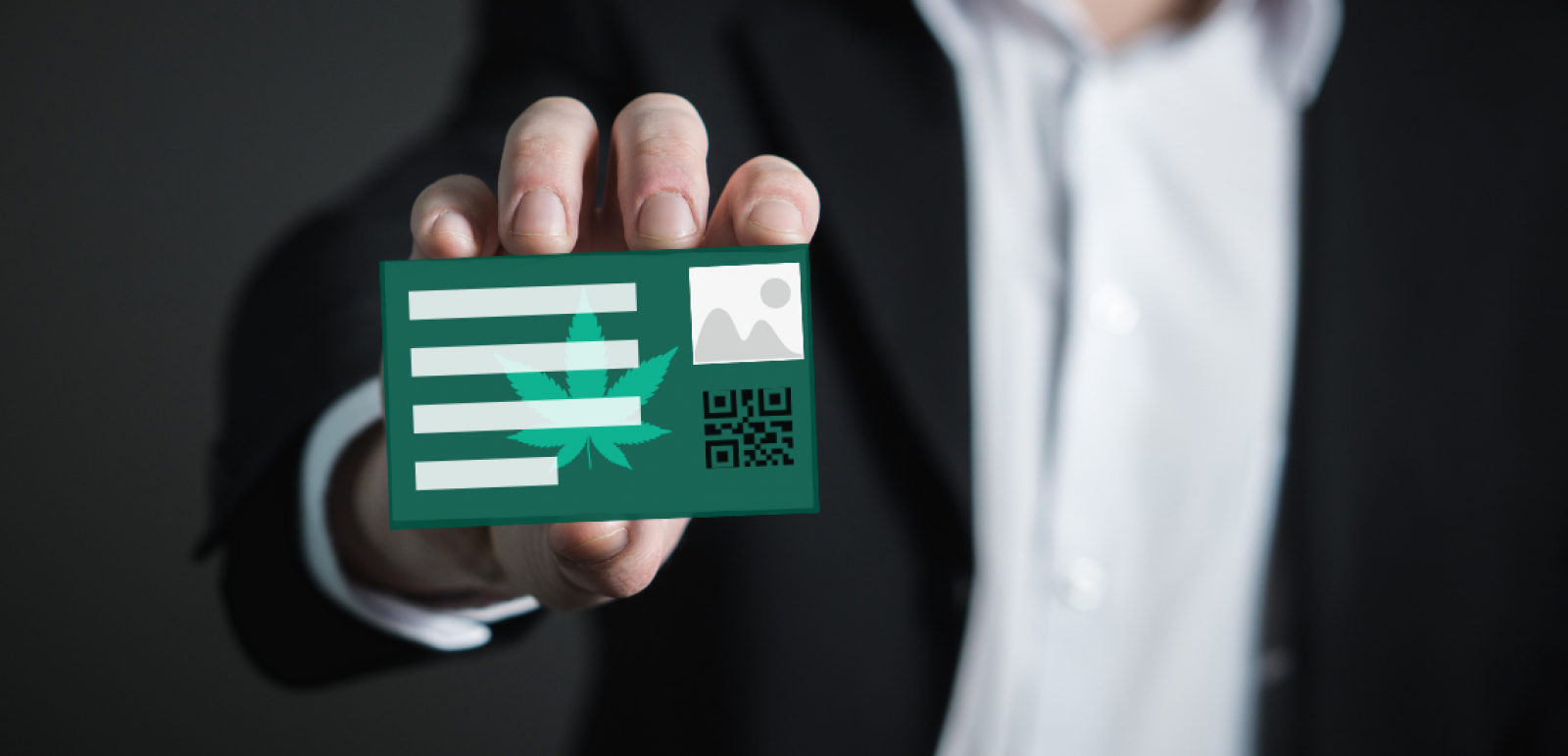
Insights
How to Get a Medical Marijuana Card in the US
Medical use of Cannabis is legalized in 33 states of the US. Follow these procedures to get a medical marijuana card.
Thousands of years ago, cannabis was used as a medicine in India, China, and Egypt. Irish Physician, William Brooke O’Shaughnessy, came to India in the late 1830s. He was introduced to cannabis during his stay in India. He documented a number of medical applications of cannabis due to its analgesic and anticonvulsant effects. After his brief study in India, he returned to England in 1842 with a supply of cannabis. He then spread his knowledge on the medical effects of cannabis, which widely spread across Europe and the United States.
In the United States, medical cannabis is illegal today at the federal level, due to Cannabis being a Schedule 1 Drug under the Controlled Substance Act. Under Federal Laws, Cannabis is considered to have no legal medical use. It is considered to have a higher chance of substance abuse than medical usage. As of January 2019, the Medical usage of cannabis is legalized in 33 states, District of Columbia and four U.S. territories. Fourteen other states have more restrictive laws limiting THC content, for the purpose of allowing access to products that are rich in cannabidiol (CBD) - a non-psychoactive component of cannabis.
In order to use cannabis medically in the United States, a patient needs to possess a medical marijuana card issued by a certified medical practitioner or doctor. A medical marijuana card allows a patient to obtain, possess or cultivate cannabis for medical use. In order to obtain a medical marijuana card, a patient is required to pay a fee to the state. In most states, the validity of this card is 12 months, after which it needs to be renewed. The card usually needs another evaluation by the doctor and is required to pay card fee again which costs less than initial registration. The different states have different requirements for obtaining a medical marijuana card.
Here some steps you need to follow to get a medical marijuana card.
Local Laws and Regulations
You must be aware of the local rules and regulations of your state on getting approved for a medical marijuana card. Each state has its own medical marijuana approval process which varies from state to state.
Residential Proofs
Residential Proofs is a must to prove your residency in the state. The documents which are allowed include a driver's license and/or a passport, as most states will require you to be a state resident to qualify for a medical marijuana card. Without having some form of residential proofs, you won't be able to move forward.
Medical Conditions
In order to obtain a medical marijuana card, you need to know health conditions that are usually permitted. State's health and human services office will provide a list of medical conditions that qualify for a marijuana card. Typically, diseases like Alzheimer's disease, Autism, Cancer, Crohn's disease, Epilepsy, Glaucoma, HIV/AIDS, Multiple sclerosis, Parkinson's disease, PTSD, Seizures, Wasting syndrome etc.
Doctor`s Recommendation
You are supposed to acquire a recommendation letter, approved by your physician that medical marijuana will help alleviate the pain and/or discomfort of your specific health condition.
Medical Documentation
Majority of the states demand medical records to list any illness, disability, or injury that would be alleviated through the use of marijuana. Generally, the consulting physician will need to work directly with a state's department of health and/or human services to file the correct paperwork.
Renewal Process
Medical marijuana card has a limited validity. It needs to be renewed based on local state laws and regulations. Once the card is expired, you need to apply for renewals.
Every state has different laws on a medical marijuana card. In the future, we would be coming up with a blog on laws on medical marijuana state-wise.
(Viewers Disclaimer: This article is meant for educational purpose only. This article is solely written for the presentation of facts. This article, the author or publishing company doesn’t mean to promote, express views, dissent or any way comment on the facts mentioned above. The facts mentioned above may or may not change in future. The author or publishing company are henceforth not liable for any of the facts mentioned above.)
References: -
- Legality of Cannabis
- Medical Cannabis in the United States
- Legality of Cannabis by US Jurisdictions
- Medical Cannabis Card
- The Street
Some Related Posts You May Like
- Leading Cannabis Oil Producers in the US
- Top 10 Cannabis Infused Drinks Producers
- Cannabis Regulations in United States of America
About Cannabis Drinks Expo
 Cannabis Drinks Expo is a must-attend event for those curiously eying the future of the burgeoning U.S. cannabis industry.
Cannabis Drinks Expo is a must-attend event for those curiously eying the future of the burgeoning U.S. cannabis industry.
We also cover the key issues surrounding the likelihood and timescale for legalization to other countries, as well as the impact of legalized cannabis on the traditional alcoholic and non-alcoholic drinks markets globally.
Who should Visit?
Cannabis Drinks Expo promises to be relevant for anyone involved in the development, production, distribution and retailing of cannabis and related products. It will also provide a vital networking opportunity for political analysts, medical experts and those involved in the development and implementation of legalized cannabis into new markets.
Attend Cannabis Drinks Expo in preferred city
Who should exhibit?
If you’re serious about the cannabis drinks category, we’re still keeping it as real as ever. At Cannabis Drinks Expo, our goal is to empower you with knowledge, network, and platform so you can grow and build your cannabis drinks business. CDE is where you will find cannabis brands and suppliers who are serious about building their business in this category exhibit.
Exhibit in preferred city
Potential exhibitors include (but not limited to): Medical marijuana producers, Cannabis growers, Cannabis producers/ product developers, Cannabis processors, Cannabis distributors/transporters, Wineries, Breweries, Distilleries, Branded drinks companies, Drinks manufacturers/producers, Pharma companies, Equipments and service providers, CBD manufacturers, Marijuana-Infused products and edibles providers, Testing and laboratory services, Logistics and supply chain operators, Drinks distributors/wholesalers, Drinks importers, Lobbyists/ public affairs businesses, Political advisors, and more.



